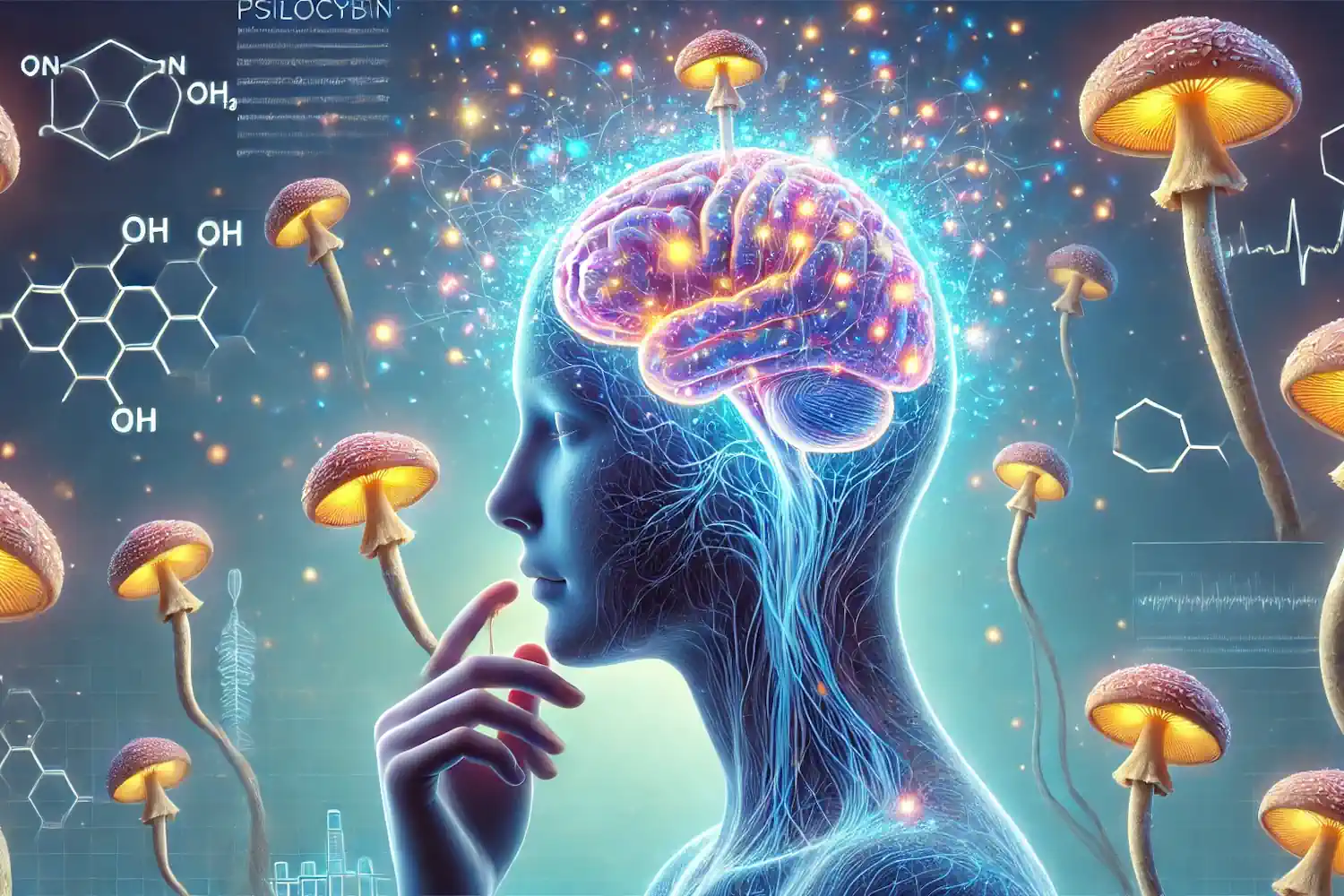A new study suggests that psilocybin, the active ingredient in magic mushrooms, may help reduce inflammation and improve neural connectivity after traumatic brain injury.

Scientists have been exploring the application of psychedelic mushrooms for decades to cure depression and assist in the care of mental disorders. In this case, one new study demonstrates how they can revive functionality in instances of brain damage.
It is already well-established that even repetitive mild head injuries have long-lasting impacts on brain function. Sportsmen, war veterans, and even elderly individuals who suffer accidental falls are at greater risk of developing dementia, Parkinson’s disease, and chronic traumatic encephalopathy. The silent trauma causes brain inflammation and disruption of neural connections.
To date, there is no therapy that has received medical clearance to reverse such damages, but a new study at Northeastern University indicates a likely solution in a surprising natural compound: psilocybin, the active ingredient in psychedelic mushrooms.
This drug can trigger neural regeneration, reduce inflammation, and repair disturbed brain connectivity after trauma, the scientists stated. Early results have been described as “stunning” by study co-author Professor Craig Ferris, who also said that psilocybin significantly improved disrupted brain functions caused by trauma.
The study contrasted the effect of psilocybin on minor, repetitive head injuries, the sort of injury experienced by athletes, soldiers, and older adults through falls, accidents, or hitting their heads. Although such trauma may not create any visible injuries to the skull, it may nonetheless be related to inflammation, reduced blood circulation to the brain, and change in the circuitry between cells.
After trauma, the study subjects (still on animals) were given a dose of psilocybin, and their conditions were monitored with magnetic resonance imaging (MRI) and cognitive and motor function tests.
How does psilocybin affect the brain after trauma?
The results showed that psilocybin produced unexpected advantages not just in reducing brain swelling (edema) following injury but in restoring neural connections, with improved communication between brain regions. Additionally, the elevation in brain-derived neurotrophic factor (BDNF), a protein responsible for neuron growth and repair, and reduction of phosphorylated tau protein, a biomarker for neurodegenerative diseases, were observed.
In addition, the blood-brain barrier, defending the brain against toxic substances, showed general strengthening.
A new ray of hope for neuroprotection?
The phenomenon seen is highly encouraging, confirms Professor Ferris:
“We found that after a head trauma, functional connections in the brain decrease. But after the injection of psilocybin, not only do they recover to normal, but the brain even becomes hyper-connected.”
On new therapeutic paths?
This research is a big step towards finding out how psilocybin can be used to heal brain damage and potentially other neurodegenerative diseases like Alzheimer’s. The researchers now wish to test the long-term effects of the treatment to find out whether or not psilocybin could be beneficial even after the trauma has already occurred.
If confirmed by subsequent studies, such findings could pave the way for novel natural therapies to protect the brain from trauma and neurodegenerative disease injury. Psychedelic mushrooms, with their ancient history of inducing psychedelic sensations, could thus be a unlikely source of regenerative medicine.
